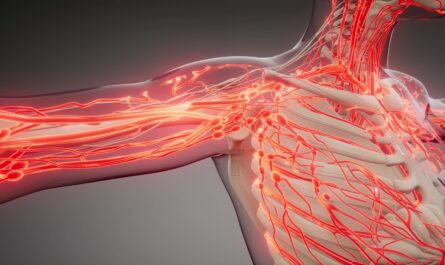Scientists from the Department of Robotics and Mechanical and Electronic Engineering at DGIST, led by Professor Kyung-In Jang, in collaboration with a team from the Department of Aerospace Engineering at KAIST, led by Professor Jihwan Choi, have successfully created an artificial electronic tongue system that replicates the human gustatory system. This groundbreaking technology combines sensors and deep-learning algorithms to accurately measure the different tastes of saltiness, sourness, bitterness, and sweetness simultaneously. The application of this electronic tongue system is anticipated in various industries, including food, liquor, cosmetics, and pharmaceuticals.
The electronic tongue functions as an artificial taste sensor, capable of discerning diverse flavors and evaluating intricate characteristics by emulating the gustatory system. This innovative system enables objective and consistent taste evaluation, making it an invaluable tool for new product development and quality control. Similar to taste buds, the electronic tongue comprises sensors that transform chemical information into electrical signals for transmission to the brain. The brain, then using a neural network, interprets these signals and distinguishes the taste.
However, previous research in this field has faced challenges related to accuracy and reliability due to the lack of integration with deep-learning technology. The focus of earlier studies primarily revolved around the sensor component of the electronic tongue. To address these limitations, the research teams led by Professors Jang and Choi successfully designed an electronic tongue system that seamlessly integrates sensors and deep-learning algorithms. Four sensors were developed to detect each taste, and a millimeter-scale well structure was created for the sensor element to ensure stable measurements. In addition, a customized deep-learning algorithm was introduced to enable effective taste analysis.
In order to validate the efficacy of the electronic tongue system, the research team conducted taste profiling experiments using six different types of wine. Leveraging the power of deep-learning technology, the system accurately classified the wines with a probability exceeding 95%. Moreover, the team implemented a recommendation system that suggested wines similar to the ones already tested. This achievement demonstrated the immense potential of the electronic tongue system.
The application possibilities for this technology are vast and extend to various industries, such as food and liquor development, cosmetics, and pharmaceuticals. Professor Kyung-In Jang of DGIST expressed his excitement about the electronic tongue system, highlighting its ability to integrate sensors and deep learning to measure complex flavors. He emphasized that this sensor-deep-learning technology enables quantitative taste evaluation, which was previously challenging.
Professor Jang added that through tests with wine samples, they confirmed the system’s ability to distinguish tastes with a high probability. The team now aims to further develop this technology for practical use in the food industry, as well as other diverse fields like cosmetics and pharmaceuticals. By doing so, they hope to revolutionize the way tastes are evaluated and enhance the development of new products across various sectors
*Note:
1. Source: Coherent Market Insights, Public sources, Desk research
2. We have leveraged AI tools to mine information and compile it



